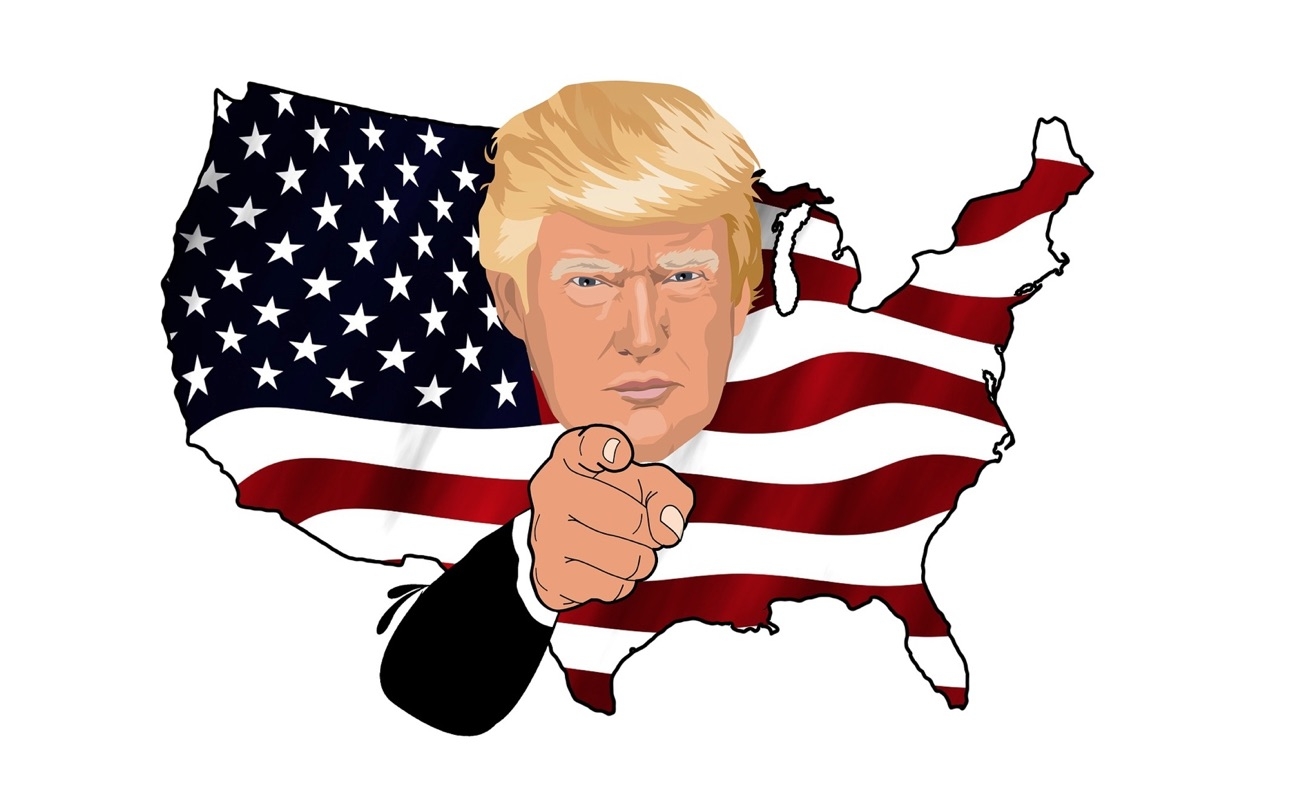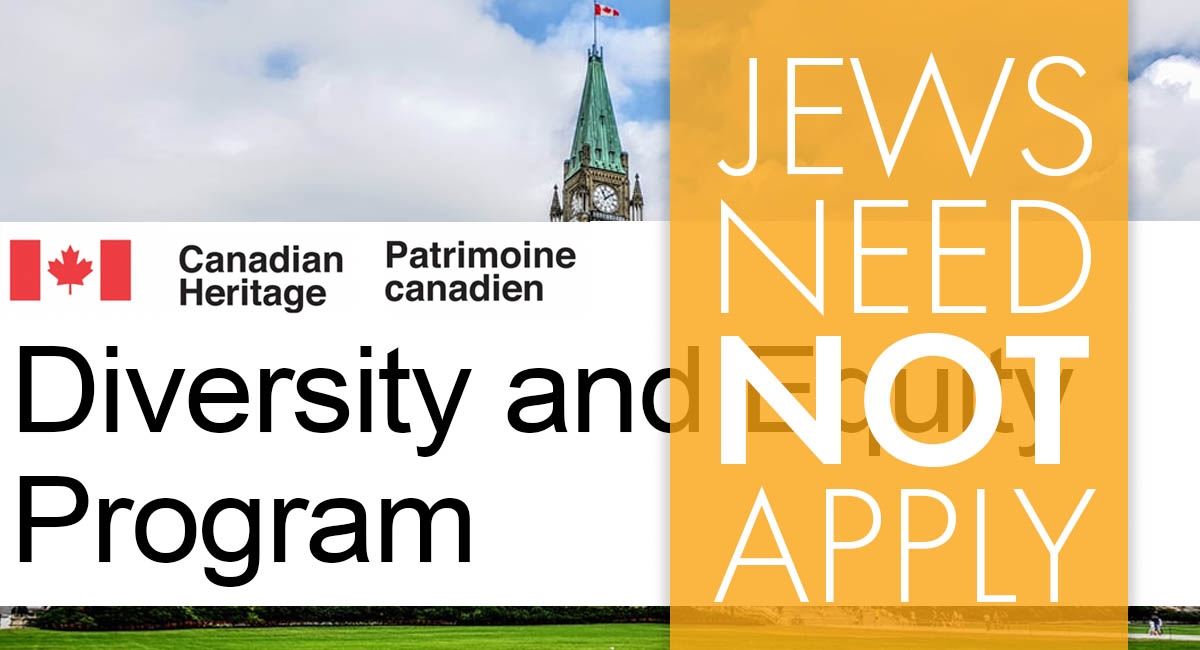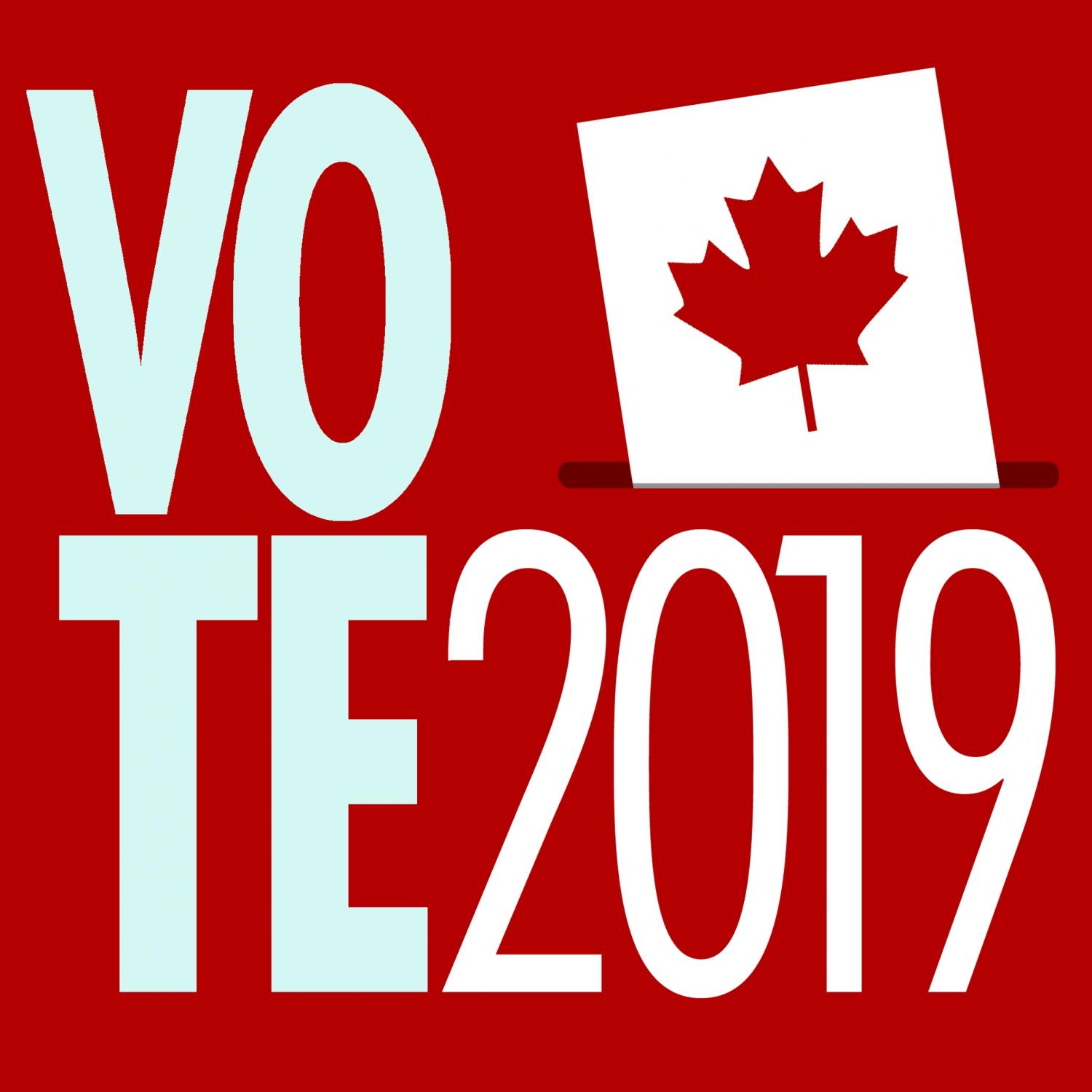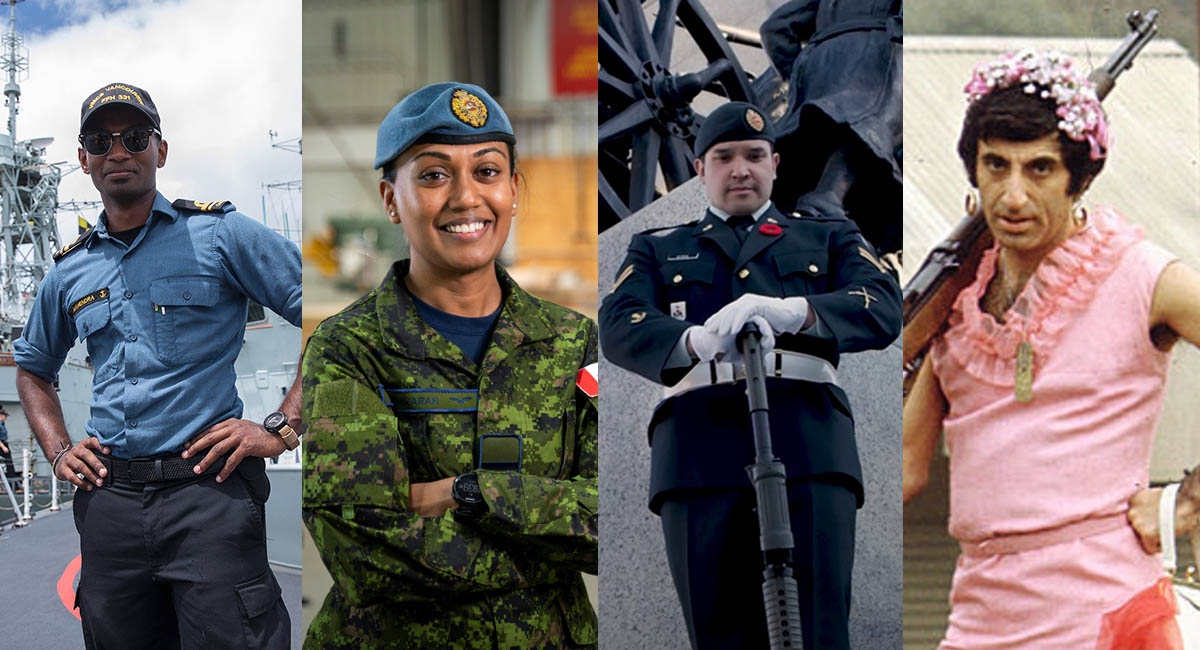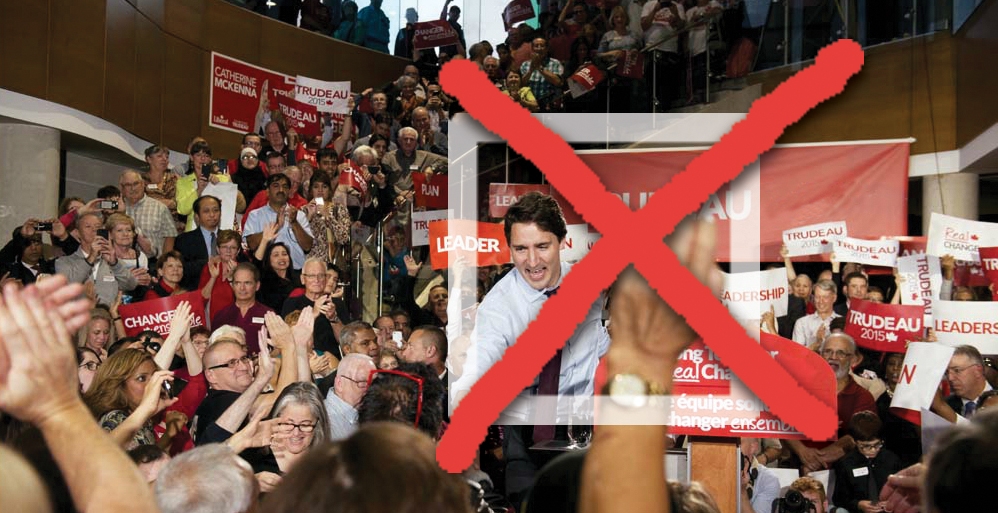
Debating democracy, eh?
Canada’s proposed rules for leaders’ debates organized by the new federal election commission entrench our biased polling and follow-the-leader horse race based party politics at the expense of real democracy. Newly nominated debates commissioner and former Governor General David Johnston has little flexibility in the mandated rules to organize two leaders’ debates to be held during the 2019 federal election.
The proposed minimum two out of three requirements for the leader of a party to be allowed to participate include: The party must either have an elected MP or intend to run candidates in 90 per cent of the ridings, or have obtained at least four percent of the vote in the 2015 election or at least stand a “legitimate chance” of winning seats in the upcoming one.
Acting chief electoral officer, Stephane Perrault warned a House of Commons committee on Thursday, November 30, 2017, the exclusion of smaller parties in future might run afoul of the Charter of Rights and Freedoms.
Leaders’ debates were previously treated as “essentially private events” not subject to Charter scrutiny, but he said, “This would likely no longer be the case if the state, or an entity created by the state, were to play a role in organizing the debates.”
This would also raise issues about if the debate would constitute a non-monetary contribution made to a participating registered party and an election expense of that party because the debate promotes the registered party.
The two greatest influences on election campaigns by a far and wide margin are news coverage and leaders’ debates, and unscientific and biased polls are at the root of all the horse-race style campaign coverage with seventy five per cent of voters basing their voting decision on the recommendations and opinions of others.
Polling biases were proven by the CBC’s senior writer and polls analyst and the founder of ThreeHundredEight.com Éric Grenier’s research, “The polling plight of the little parties.”
The average result for a party that was included in polls was 1.7 per cent compared to 0.4 per cent for parties that were not included.
Social and new media companies also follow our mainstream media’s egregious restrictions on election debates and coverage, by working with the major parties, private organizations and special interest groups to exclude candidates from any but the major political parties.
Lower public campaign subsidy threshold limits of between two and five per cent of the vote were found to be constitutional, but rules or the lack thereof preventing smaller party leaders and candidates and even independents from having any fair chance at reaching them are clearly not, as has been found several times by the Supreme Court of Canada.
Why do the gates for campaign races involving smaller, new party candidates or independents not open until the win, place and show candidates from the major parties are already in the winners’ circle?
In a Tuesday, November 6, 2018, CNN interview, Prime Minister Trudeau spoke about how political polarization is a problem in Canada: “The demonization of political opponents is something that is fundamentally counter to the idea that diversity of opinions, of perspectives, of backgrounds, should be a source of strength and resilience.”
Trudeau broke his campaign promises for legislative reforms including open democratic nominations, free votes, freedom of information reforms, ending PMO controls, and for electoral reforms as well.
Our Liberal PM is claiming we don’t need more parties because they are nothing but extremists and we don’t need electoral reforms unless they give him even more power. And yet he says we need more opportunities for new voices and ideas but he will decide who they are and who in the media gets the almost $600 million in media subsidies recently announced to tell us all about it.
The twenty or more smaller and emerging parties and the hundreds of candidates they run in elections don’t expect to get equal time, but they at least deserve a fair share, certainly more than a passing mention and systemic exclusion from the public view including campaign debates.
We should be debating our entire democracy eh?
Greg Vezina is President of the Democracy Channel® Inc., co-author of Democracy Eh? A Guide to Voter Action and Leader of Ontario’s None of the Above Direct Democracy Party.

